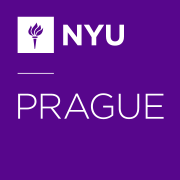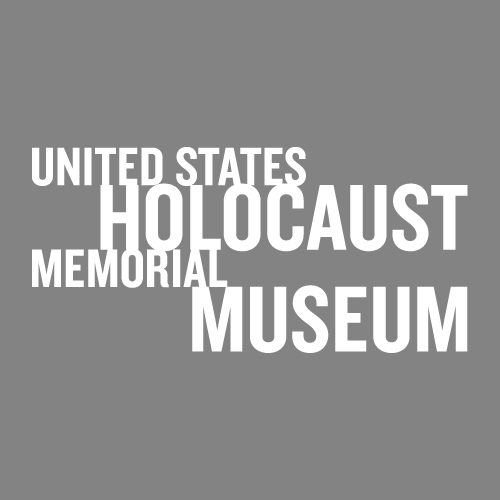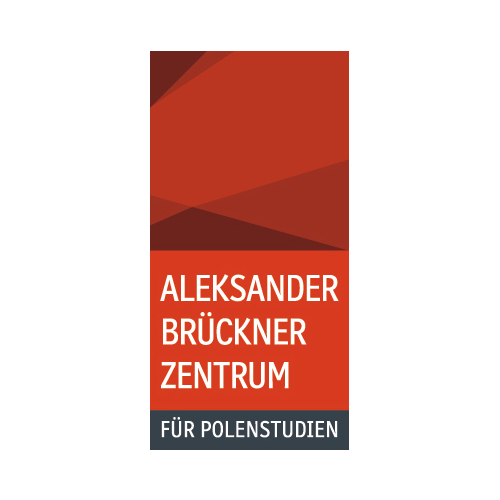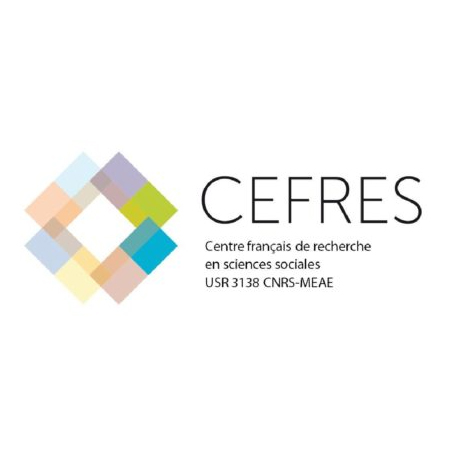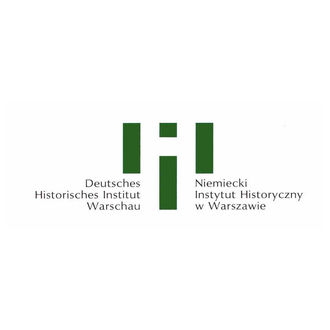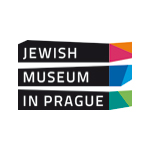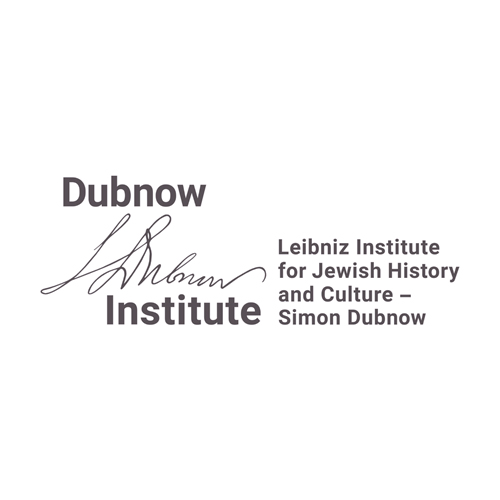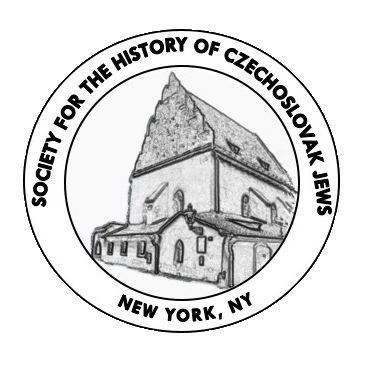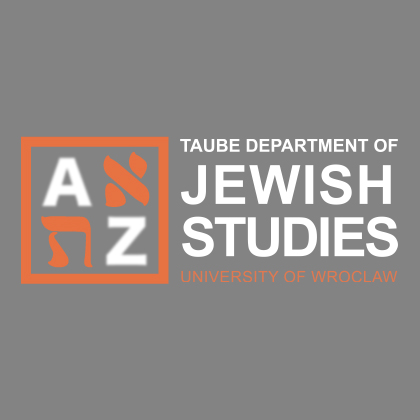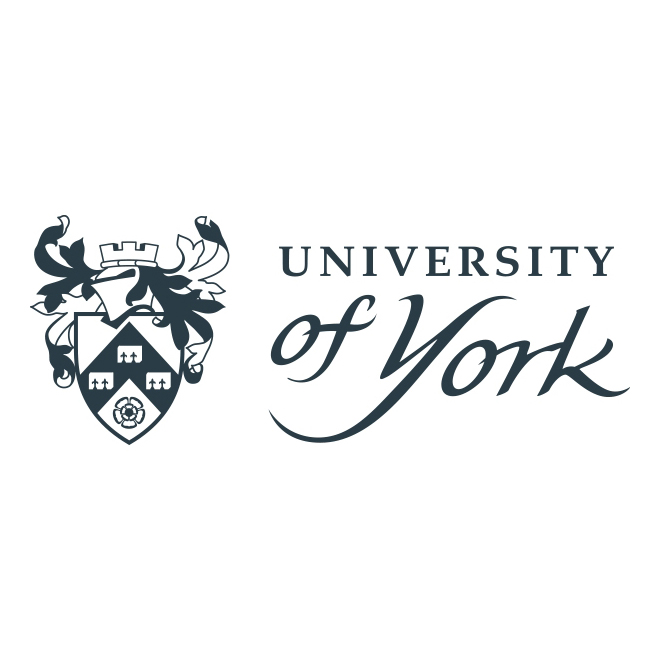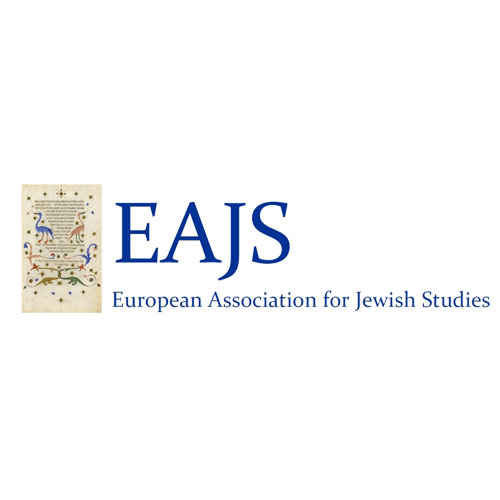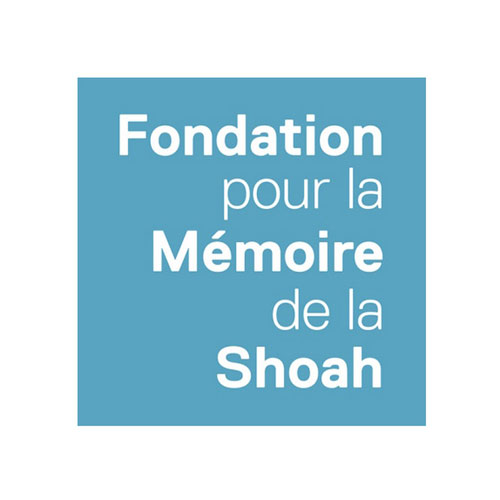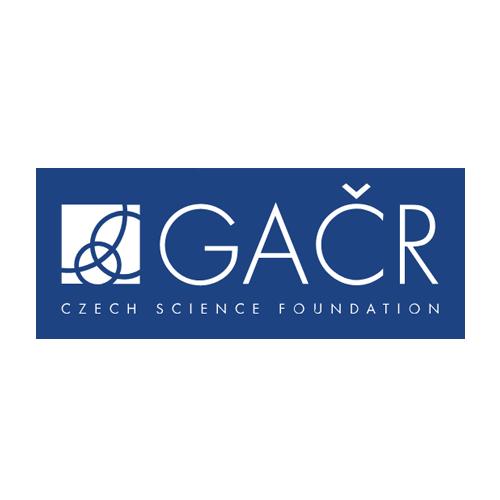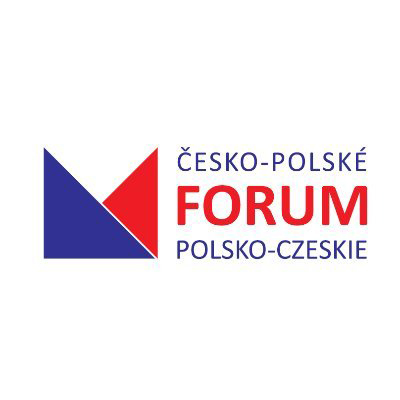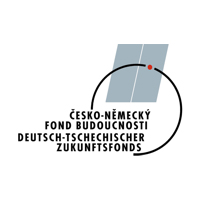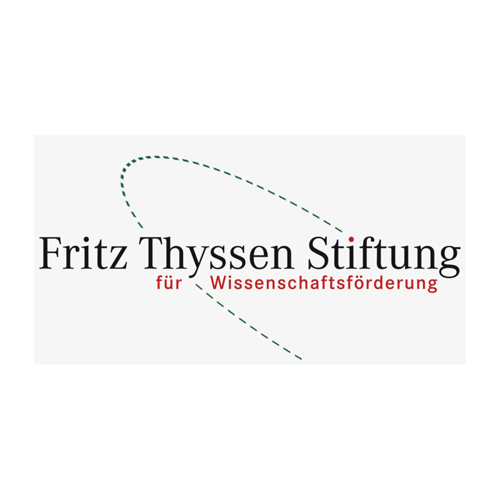The Last Polish Shtetl? Jewish community of Lower Silesian Dzierżoniów, Jewish World, Cold War and Communism (1945-1950)

24 November 2020 - 6 PM
Kamil Kijek (Taube Department of Jewish Studies, Wroclaw)
In my talk, using examples from archival, photographic and film material, I will show how remarkable and unexpected concentration of Polish Jews in former German Lower Silesia played an important role not only in the Polish post-war history but also in the Jewish global politics (on both sides of so called Iron Curtain) in the years 1945-1950. I will do that through a microhistorical analysis of one particular Jewish community, showing how a microhistorical study can bring new insights into the large marcohistorical questions concerning early history of the Cold War, reconfiguration of the Jewish world after the Holocaust and installation of the Communist power in Central-Eastern Europe. I will also try to defend my thesis that not only for many Polish Jews, but also for their western, especially American counterparts, in the first years after the Holocaust, Poland was to be something more than cemetery of the destroyed Jewish civilization. I will make case that it was not the Kielce pogrom of 1946 but the radicalization of the Cold War and installment of the so called Stalinist political regime in Poland that was the main trigger leading to the end of faith in the possibility of an existence of the Jewish national life in post-Holocaust Poland.
Seminar will be held only on-line.









